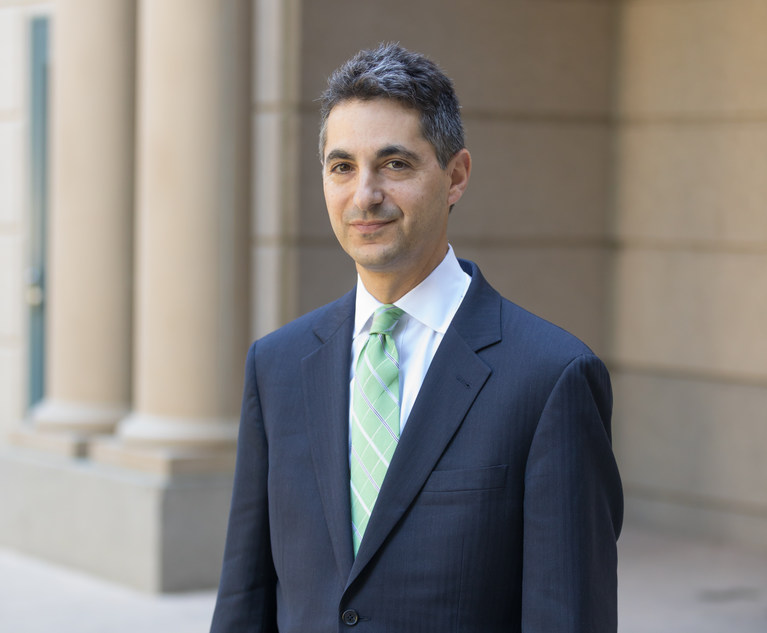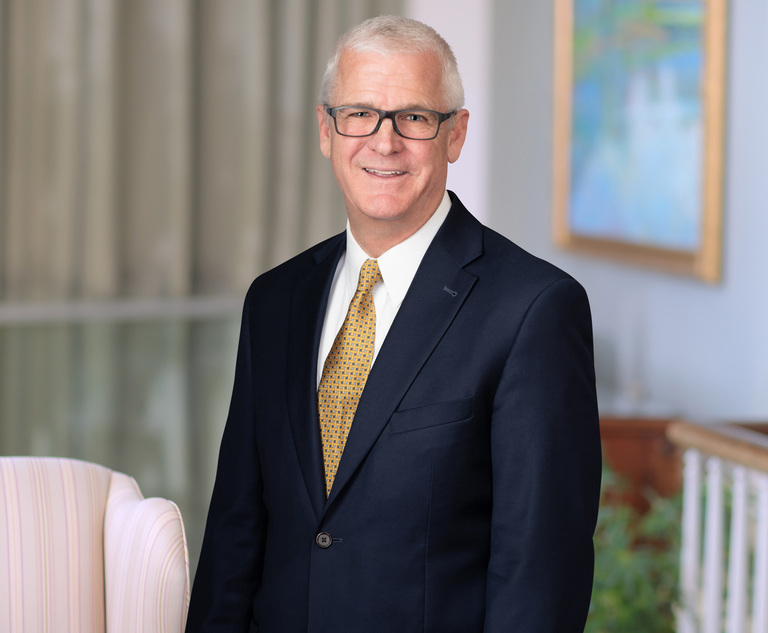Several attorneys said Stark’s left his mark on patent law in cases in which he applied TC Heartland v. Kraft Foods, the 2017 U.S. Supreme Court decision that found a corporation is only a resident in its state of incorporation, when it comes to determining venue for patent cases.
After that decision spiked patent cases in the District of Delaware, Stark issued decisions that refined what level of physical presence a company has to have to legally be considered a Delaware resident, with his application later noted by the Federal Circuit.
“I’ve had the honor of appearing before Judge Stark and experiencing his tireless work ethic firsthand,” said Francis DiGiovanni, an intellectual property partner in Faegre Drinker Biddle & Reath’s Wilmington office. “As District Court judge for the District of Delaware, he presided over one of the country’s most active patent courts, but what stands out the most to me about Judge Stark is that he always strives to do the right thing, to make fair rulings that uphold the law and that serve justice.”
Axinn managing partner Matthew Becker said Stark is known for asking tough questions to get to the heart of a case’s issues while maintaining an even temperament.
“He’s very, very dedicated to the trial process, to obtaining the correct result, and he has told litigants—including us—that when he is trying a case, he really devotes all his time on and off the bench to that case,” Becker said. “I remember him saying that in the specific context of a two-week jury trial, and it was very clear he was working virtually 24/7 during the trial on that case.”
Stark has in recent years had one of the busiest patent dockets in any federal court, with the District of Delaware the venue with the second-most intellectual property filings in the country last year. He’s also handled more securities cases than any other federal judge since 2018.
“Judge Stark is highly regarded and certainly has extensive experience with patent cases across a variety of industries,” said Chad Landmon, chair of Axinn’s intellectual property practice group. “He is a very hard-working judge and has always been very fair to all sides before him. If confirmed, he will make an excellent addition to the Federal Circuit.”
After receiving undergraduate and masters degrees from the University of Delaware, Stark earned a doctorate from Oxford University and graduated from Yale Law School.
He’s since spent his entire legal career to date in Delaware, starting as an associate with Skadden. After several years primarily spent litigating in Delaware’s state courts, Stark took a position as an assistant U.S. attorney in 2002 and was appointed a magistrate judge for the District of Delaware in 2007.
Stark has been a district court judge since 2010, serving as chief judge from 2014 until earlier this year when Judge Colm F. Connolly took over that role.
“In all of his cases, he’s just been very keen to the facts and very diligent about making his rulings, and he’s overall very efficient with his procedures,” Duane Morris intellectual property partner Monté Squire said. ”The reason, I think, he’s going to be super successful if he gets confirmed and is on the Federal Circuit bench is he’s already been on a number of cases by designation on that court. He knows not only the patent law part, but how that court operates and the collaborative nature of it, so he’ll hit the ground running.”
Squire said while the District of Delaware would need a huge number of cases to be picked up by other judges if Stark leaves for the Federal Circuit, that’s something the bench has become adept at in the last decade as a number of other judges have retired or otherwise left their positions.
Stark declined to comment on his nomination.


 U.S. District Chief Judge Leonard Stark of the District of Delaware. Photo: Jason Doiy / ALM
U.S. District Chief Judge Leonard Stark of the District of Delaware. Photo: Jason Doiy / ALM




